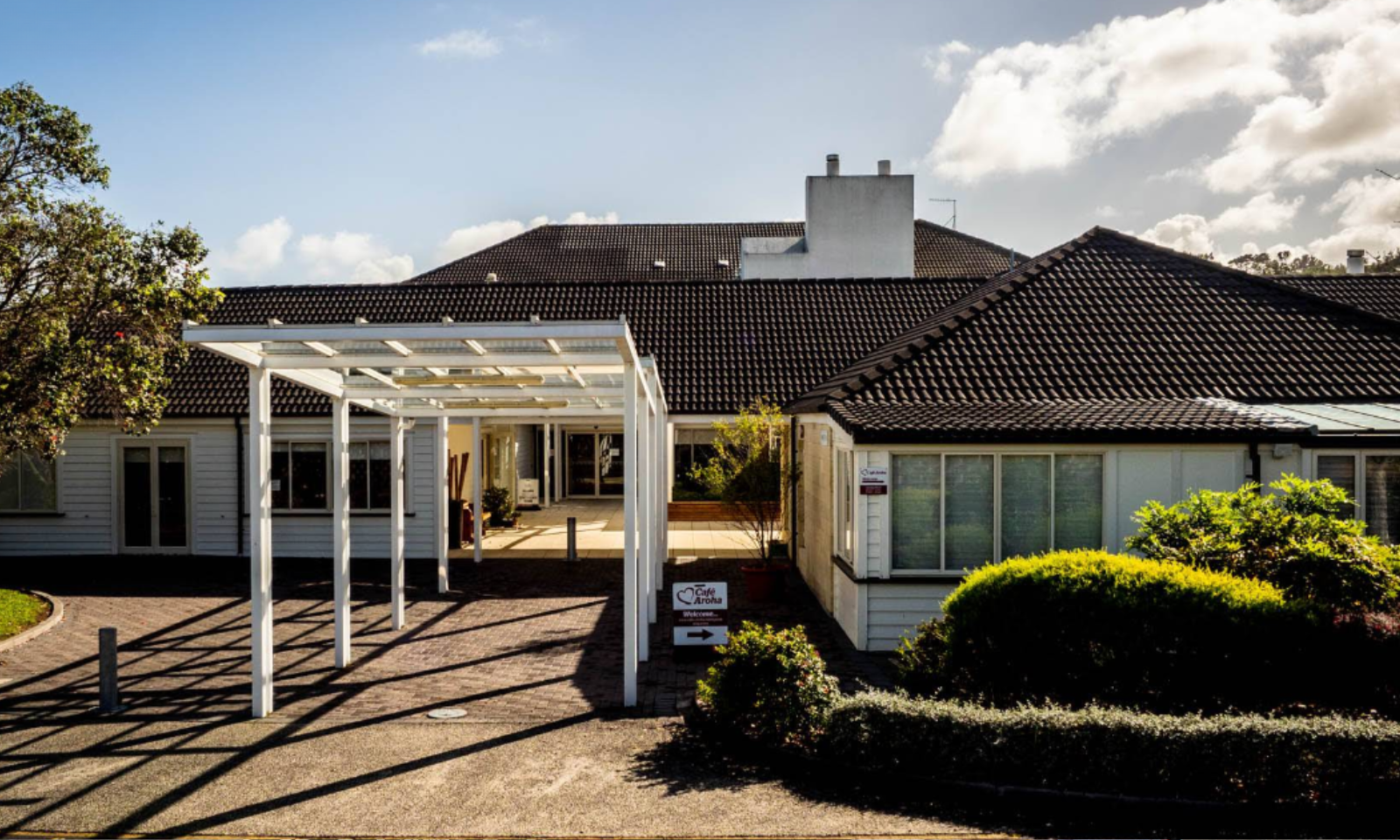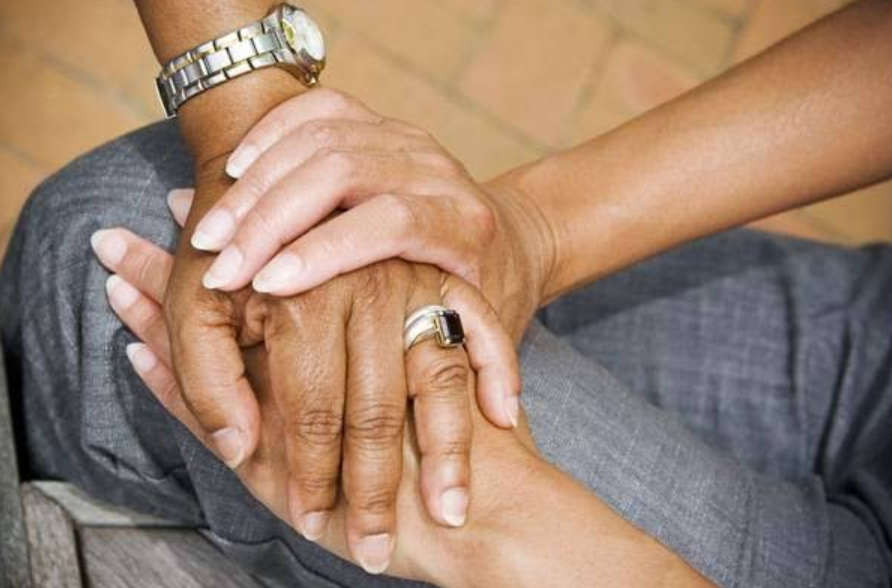

Photo/PMN News/Candice Ama
Hospice staff bring cultural care and dignity to families
From bedside care to community visits, workers aim to extend their support beyond the nursing homes for Pacific whānau.


From development squad to World Series: Teenager earns Black Ferns Sevens contract



Pacific champions eye place on football’s biggest Oceania stage

From development squad to World Series: Teenager earns Black Ferns Sevens contract


Hospice workers are supporting patients nearing the end of their lives, but say stigma and misconceptions can still hinder Pacific families when a loved one is dying.
Niukini Hendrikse, a social worker at Tōtara Hospice, says the ongoing challenge of raising awareness within Pacific communities about their work remains.
“There's still a lot of stigma and a lot of taboo around hospice services and what palliative care is,” she says.
“People still associate us with death and dying, but hospice is about helping people to live well, to carry on living their best life, their quality of life, and just honouring their lives with their families and their loved ones.”
Hendrikse (Manunu, Savaia Lefaga, Fagamalo in Sāmoa) is part of the Palliative Outcome Initiative (POI) and says allowing people to live with dignity aligns with her cultural values.
“We do hospice in the home with our own Pacific families,” she says. “We have our pastors, we have our churches, we have our families … it's just a part of who we are. We show alofa, we show all of that to our families and our Pacific families, so it’s very natural, and hospice is just part of that.”
Tōtara Hospice has 12 in-patient rooms offering round-the-clock care, with accommodations for family members to stay and communal spaces for extended families to gather. The chapel has even hosted several weddings.
Martha Kainuku, a hospice nurse, shares the importance of cultural understanding and using holistic health models such as Te Whare Tapa Whā to inform patient care.
“Because of my culture, I'm able to engage with the different Pacific Islanders that we get coming through, I think it helps. I understand my own biases, I know what not to expect from others.
“From families we hear often: Thank you for just being there and having an understanding of why I'm in pain, it's important to have my whanau with me, or why it's important to have my dying wish heard.”
Kainuku (Aitutaki, Cook Islands) says the work is rewarding and challenging, as it involves caring for patients who are dealing with strong emotions.
“We get patients who have gone through the healthcare system for a long time … and that can be very, very exhausting. I can understand why they're angry, but I can't understand the level of pain that's causing the anger,” she says.
“I deal with it by letting them vent it out. I talk to them, listen. Even if I'm being yelled at, I don't give up. Eventually, when that shift comes, there’s an opening where they allow you to come and finally look after them.”
Care in the community
Genevieve Simati, the Pacific Cultural Liaison, is part of a team that supports up to 400 families, raising awareness about their community services.
“You don't have to come and live here … your loved one can be at home where they live with the people they love and we can come into your home and visit and just check and make sure that you have the support that you need.

Photo/Google Maps
“I feel very privileged to walk alongside people during a time when they feel most vulnerable and to be a calm presence to support them at the hardest moments of their lives.”
Simati (Satofu, Faleasiu, Vaie'e in Sāmoa), whose experience of hospice care for her husband drives her passion, says, “The way they came around us, the way they were able to provide things that I had really struggled to access in the community was beautiful. What I love about my job is now I get to do that for other families.”
Simati says many Pacific families are often surprised by the wide range of hospice services available.
“We have social workers, counsellors, physiotherapists, occupational therapists, wound specialists, nurses, there's a whole team of us who can come out.”
Simati encourages families by saying, “Let us do what we need to do to support you, and you can love on them, you can be present, hold their hand and just be family.”
Simati says the hospice services do not abruptly end when a patient dies, they continue with remembrance services and counselling for families in need.

Photo/Tōtara Hospice
Hendrikse praises their team of social workers for connecting families to various services, and hopes more Pacific whānau will seek care when a loved one is dying.
“It could be financial entitlements, it could be attending appointments with them. There might be psychosocial needs, hardship … they might be trying to get into a house that's more suitable for their needs.
“There's so much of our Pacific research that talks about barriers, and while that is true, we are doing our best from inside to try and break the stigma and the barriers, whether we're doing community engagement, whether we're doing Pacific talanoa, or even as a team, everyone works together.”
Listen to the full interview with Genevieve Simati, Martha Kainuku and Niukini Hendrikse below.